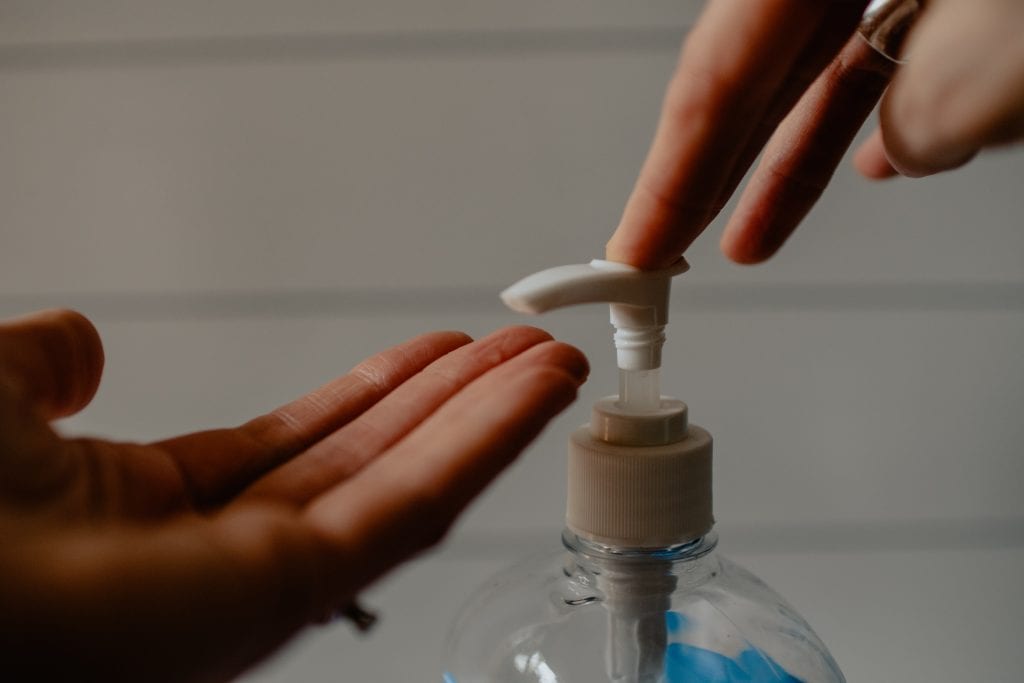
With coronavirus cases continuing to climb in Los Angeles and surrounding areas, hand sanitizer sales have been through the roof, to the point where there have been times when it is hard to find.
Given the increased demand, the Food and Drug Administration is finding that some companies might be cutting corners and using replacement ingredients that might not be safe for your family. FDA initially put the word out about this problem on June 19 and highlighted nine hand sanitizers that were found to contain methanol, which can be toxic when absorbed through the skin and life-threatening if ingested.
By early July, several more products had been added to the list because they either contained methanol or were manufactured in a facility where other contaminated products were made and have been recommended for recall. The FDA has now issued a recall of 75 hand sanitizers.
Alcohol-based hand sanitizers usually contain ethanol (also known as ethyl alcohol), but many have tested positive for methanol contamination. Methanol, or wood alcohol, suppresses the body’s central nervous system, making it difficult to function and breathe. Methanol also breaks down into a chemical that can be toxic to your body’s cells, causing issues with oxygenation and acidity. The FDA’s investigation of methanol in hand sanitizers is ongoing.
What can happen if you or your child ingest a product containing methanol?
- Nausea and vomiting
- Headaches
- Blurry vision
- Blindness
- Seizures
- Coma
- Damage to nervous system
- Death
Permanent damage to vision can occur with ingestion of as little as 30 ml (around 6 teaspoons)of methanol. Methanol can also be absorbed through the skin, so if a hand sanitizer is used often enough, toxic levels could build in the body and cause you or your child to get sick. You would likely need to apply the methanol very consistently to have severe effects, but moderate symptoms can occur with even a few applications to the skin.
Young children are especially at risk from methanol poisoning due to their smaller body size and immature liver and kidneys.
To make sure your hand sanitizer is safe and effective, choose one that contains at least 60% ethanol alcohol as the active ingredient and check the FDA website for recalls. Because ethanol can also be toxic if ingested in large doses, keep alcohol-based hand sanitizers or rubs out of reach of children and supervise their use
Seek immediate medical attention if you or your child has swallowed alcohol-based hand sanitizer or are experiencing symptoms from repeated use of these products on your skin and contact your poison control center (1-800-222-1222) for advice.
Joel “Gator” Warsh, MD, is founder of Integrative Pediatrics in Studio City. The practice is hosting the Integrative Pediatrics Summit Aug. 12-16. Attendance is free, and the summit includes more than 50 pediatrics experts who will share the secrets they use to keep their families healthy. Register here.























